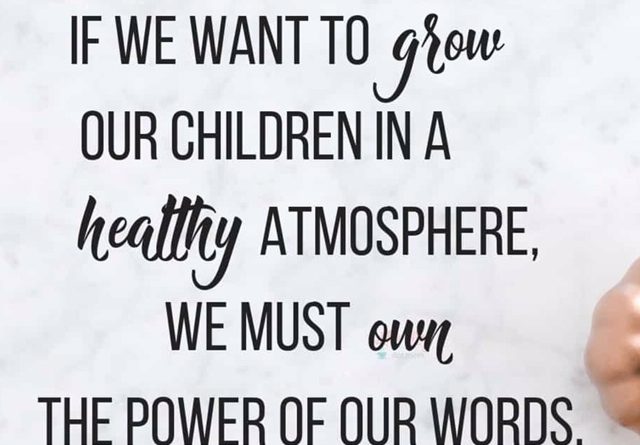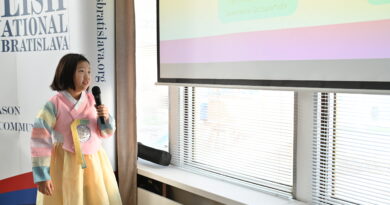The Power of Our Words
Your words are powerful to everyone around you, but especially to your children. During my career as a teacher, I was extremely lucky to bump into the book The Power of Our Words by Paula Denton. It gives a real life examples of how to change your language as a teacher in order to increase student engagement and build a sense of positive community in the classroom. Skeptical at first, I gave it a try with a classroom that was considered rowdy and tough to handle, where students were always looking to do just the bare minimum. It was a great success and I have never looked back. This is why I would like to share some of my favorite tips with you which you can try using at home with your children. Let me know how it goes!
Use statements rather than questions. When you tell your child: “Could you come here Peter?” you are giving them an indirect option, an underlying scenario where it is not a 100% clear that this is an instruction. Be clear and state: “Come here Peter.”
Use an even, matter-of-fact tone when talking to children. When you add tones to words which can change their meaning (Excuse me! Vs. Excuse me? Vs. Ex-cuuuse mee) your child can feel confused, even humiliated. Be especially careful of sarcasm. Children of a young age still do not understand this method of communication and using it can damage trust between you.
Mean what you say. If, for example, you are going to offer your child a reward because they kept their room clean for a week, then you need to stick to your word. If you are going to take away a reward, again, make sure that you can stick to it.
Be aware of your body language; make sure it matches your verbal message. Children are very quick to pick up on body posture and facial expressions. It is difficult to expect someone to calm down if you are asking them in a stressed out tone and body language.
Take time to notice the positives. Notice if they are capable of doing something that before they struggled with. Maybe they took time to practice, or maybe they simply matured. In either case, being able to do something new is a great feeling, but even greater is having someone notice and let you know. A celebration or reward is not necessary, a simple conversation or comment will suffice – this type of memory stays stronger in the mind.
I hope you enjoyed reading some of the tips and are already putting them into practice. If you would like to read more, the book is available through Amazon at the following link:




